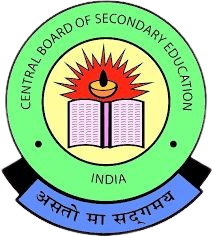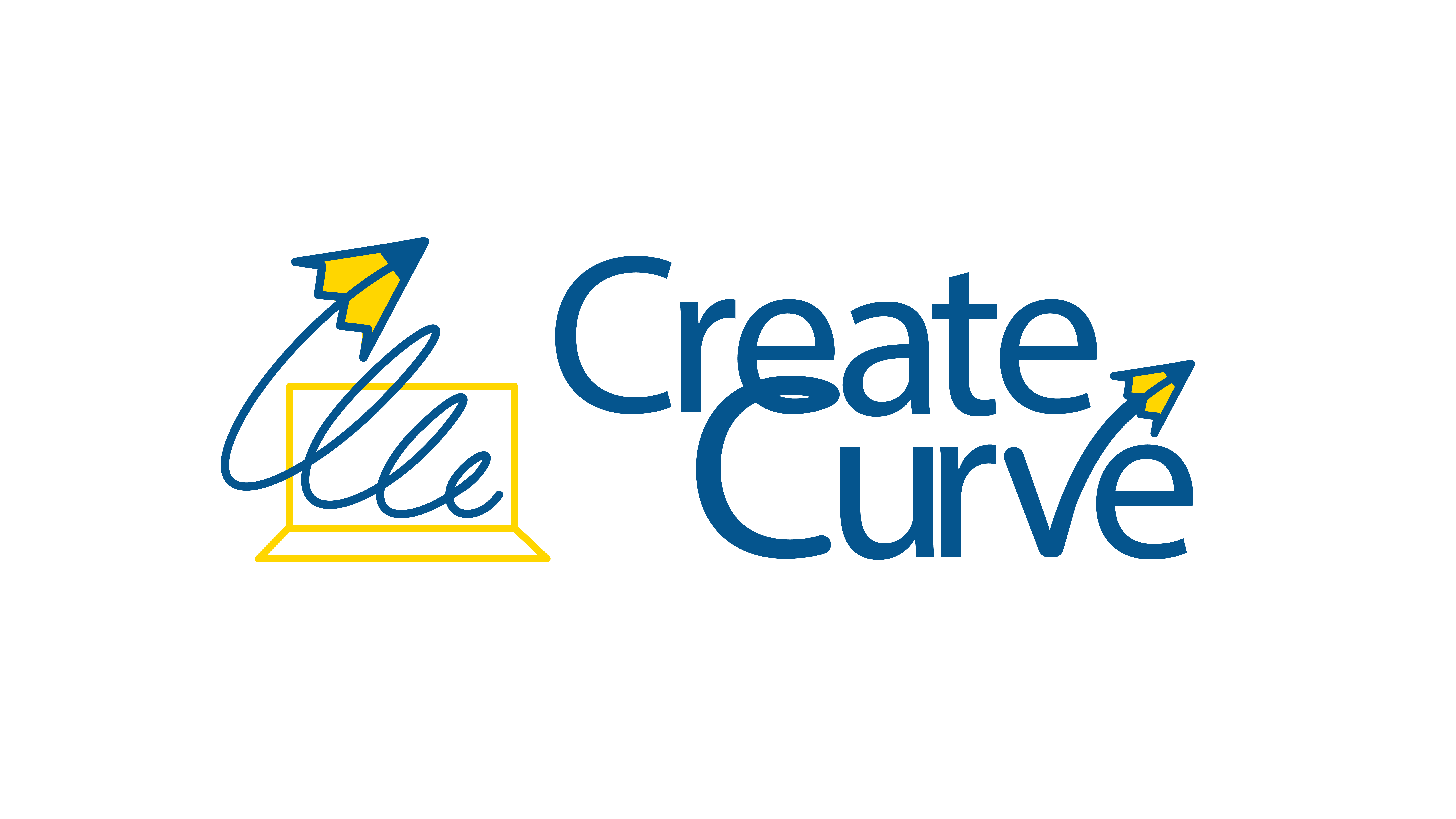CBSE Basics:
The Central Board of Secondary Education (CBSE) is a national education board widely recognized in India. It offers a comprehensive curriculum from Grades 9 to 12, focused on subjects like Science, Math, Social Science, and Languages. The curriculum emphasizes theoretical learning, practical applications, and holistic development.


CBSE Subject Groups:
CBSE students have the flexibility to choose from various subject groups such as:
- Science Stream: Physics, Chemistry, Biology/Computer Science, Math
- Commerce Stream: Accountancy, Business Studies, Economics
- Humanities Stream: History, Geography, Political Science, Psychology

CBSE Test Timelines:
CBSE follows a structured academic timeline with examinations generally held in February-March each year. Assessments include internal tests, project work, and annual board exams. Regular assessments and midterm exams ensure continuous evaluation of student progress.

CBSE Preparation:
Preparation for CBSE exams focuses on understanding concepts, regular revision, solving past papers, and time management. Structured learning, practical assessments, and stress-free learning environments are encouraged to achieve academic success.

CBSE Misconceptions:
Some common misconceptions about CBSE include that it is easier than other boards or that rote learning is sufficient. However, CBSE emphasizes understanding concepts, application-based learning, and critical thinking.
Create Curve Offers:
Subjects Offered:
PCMB (Physics, Chemistry, Math, Biology)
Number of Classes per Week
4 (1 class per subject)
Number of Students per Batch
5
Examination Tests
Every Saturday

Our Teaching Methodology:
- Small Group Live Classes: Interactive sessions with a focus on personalized learning.
- Recording for Missed Sessions: Access to recorded sessions to ensure no lessons are missed.
- Notes and Worksheets: Comprehensive resources for practice and revision.
- Testing: Regular testing to assess progress and identify areas for improvement.
- Personalized Student Profile: Tailored learning paths based on individual strengths and weaknesses.
- Parent-Teacher Connect: Regular updates to parents on student progress and areas of focus.
- One-to-one personal Mentorship: Expert guidance to clarify doubts and ensure effective learning.
- Expert Mentorship and Guidance: Our experienced mentors are committed to helping students with every aspect of their academic journey.
- Tailored Scheduling: Flexible classes designed to fit into the student’s schedule.
- Continuous Monitoring: Regular check-ins to ensure progress and timely course completion.


